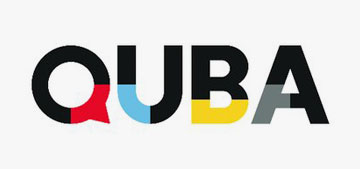Hi everyone,
I'm currently busy working on a new and disruptive e-commerce internet marketing program of work. Aimed at clients with high growth aspirations, we are getting fantastic results for stores joining the program. You can learn more about this here:
https://space.ignitionux.co.uk/
If you have any immediate internet marketing concerns or requirements though, please call me on 0114 272 2444. I am still taking on limited private consultancy and I can plug you into the highest standard of search and internet marketing to help support your business objectives.
Jon brought real clarity to our SEO priorities, with straightforward advice that delivered results. Jon’s exible and transparent approach was refreshing from our previous experience with SEO agencies."
Stuart Ridley, Marketing Director
Kings Foundation
We had denitely hit a glass ceiling. If you are an established online trader as we are, then speak with Jon. We have learned a lot in a short space of time and the results have been very impressive.
Richard Thomas, Director
RichTone Music






